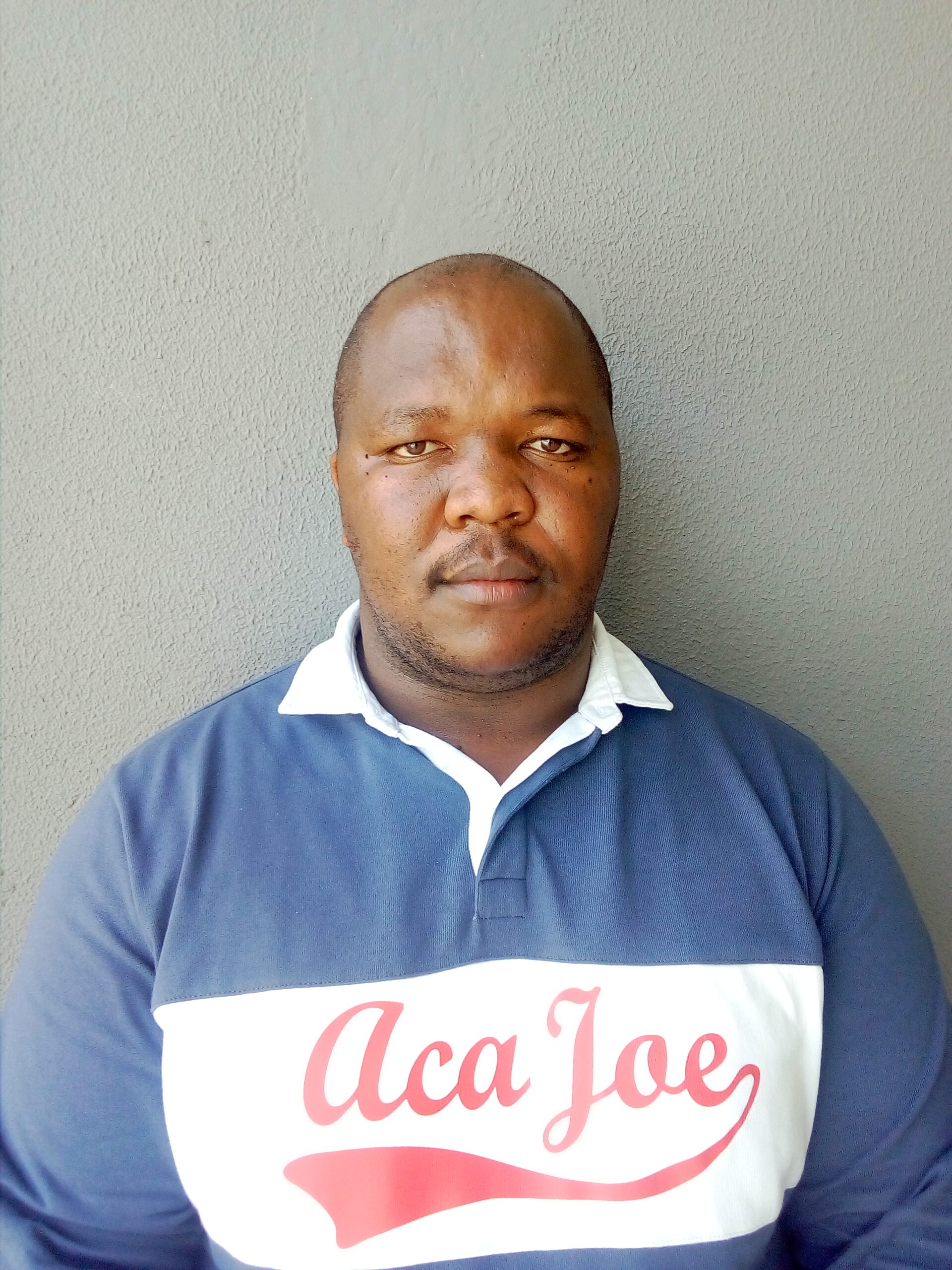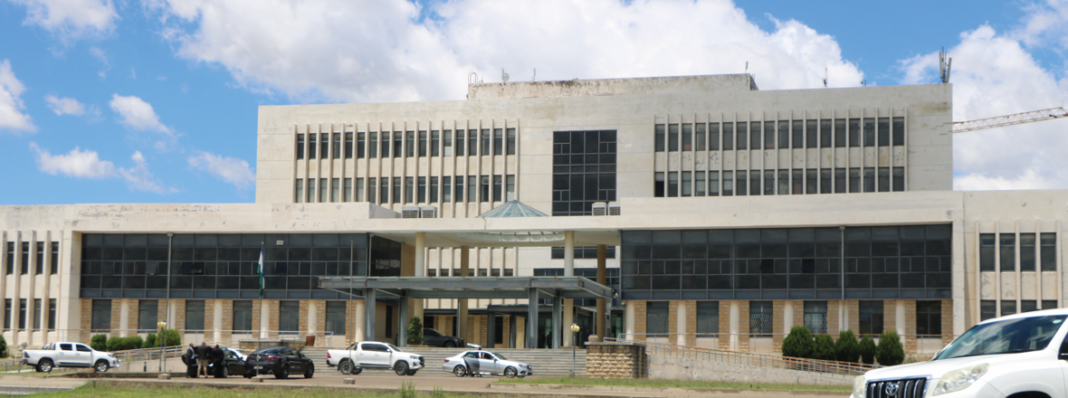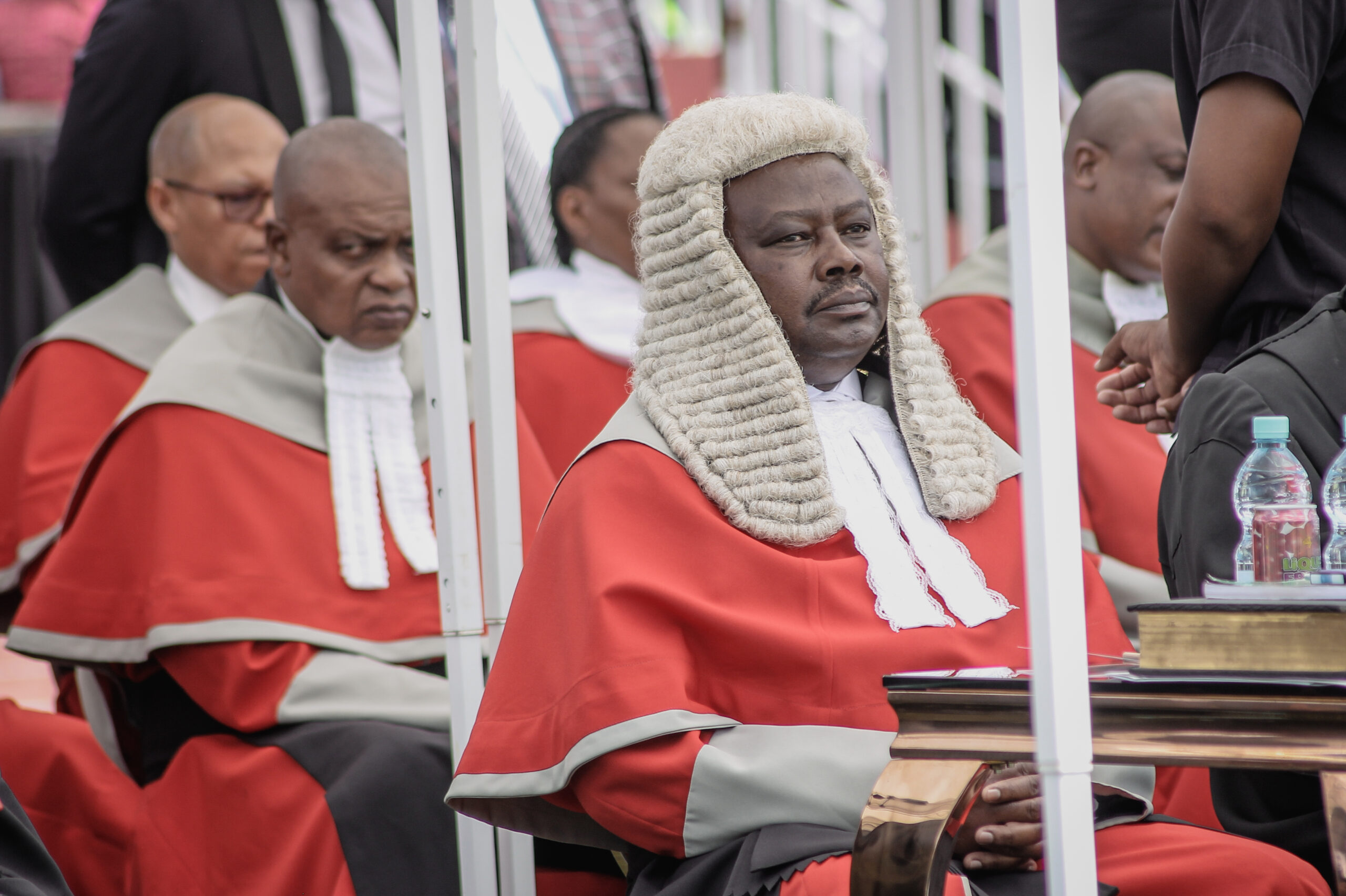The National Assembly has rejected a proposal by the Senate to allocate three percent of the national budget to Parliament, citing concerns over the financial strain it would place on the national fiscus.
The proposal was included in the 10th Amendment to the Constitution Bill and would have guaranteed Parliament a fixed share of the national budget. However, Minister of Justice and Law, Richard Ramoeletsi, urged MPs to vote against the amendment.
“Entrenching a percentage of the national budget for Parliament could cause many problems for our country,” Ramoeletsi warned. “I therefore plead with you not to accept this amendment allocating three percent of the national budget to Parliament.”
With the 2025/2026 national budget set at M33.6 billion, adopting the proposed amendment would have meant M1.008 billion allocated to Parliament next year, assuming the total budget remains unchanged.
Basotho Patriotic Party (BPP) leader, Tefo Mapesela, argued that such an allocation would be too heavy a burden on public finances. Similarly, Matala Constituency MP Dr Tšeliso Moroke emphasised that Parliament must not be seen as prioritising itself over the people it serves. He suggested that the proposed funds could be better used for development initiatives across the country.
Despite rejecting the Senate’s proposal, the National Assembly did not offer an alternative approach. Last year, the same proposal was debated at length, and MPs had called for the development of a formula to guide Parliament’s budget allocation. However, it appears that no such formula has been adopted since.
Meanwhile, proportional representation MP Montoeli Masoetsa of the opposition All Basotho Convention (ABC) expressed frustration over the chronic underfunding of parliamentary committees. He argued that a lack of resources hampers the committees’ ability to effectively carry out their oversight roles.
Earlier this week, Basotho Action Party (BAP) leader Nqosa Mahao told journalists that the Public Accounts Committee (PAC) was preparing to conduct an oversight visit to HDM Company in QwaQwa, South Africa. The visit aims to investigate allegations that the Lesotho Electricity Company (LEC) purchased a four-core cable in violation of procurement procedures. The probe is part of ongoing efforts to address irregularities and alleged procurement malpractice at the state-owned utility.
There have also been instances in recent years where MPs were unable to attend regional and international parliamentary meetings due to budget constraints. In 2024, for example, the President of the Pan-African Parliament had to cover logistics for Lesotho’s delegation, as the local Parliament lacked the necessary funds.
Summary
- The National Assembly has rejected a proposal by the Senate to allocate three percent of the national budget to Parliament, citing concerns over the financial strain it would place on the national fiscus.
- The proposal was included in the 10th Amendment to the Constitution Bill and would have guaranteed Parliament a fixed share of the national budget.
- In 2024, for example, the President of the Pan-African Parliament had to cover logistics for Lesotho’s delegation, as the local Parliament lacked the necessary funds.

Thoboloko Ntšonyane is a dedicated journalist who has contributed to various publications. He focuses on parliament, climate change, human rights, sexual and reproductive health rights (SRHR), health, business and court reports. His work inspires change, triggers dialogue and also promote transparency in a society.










